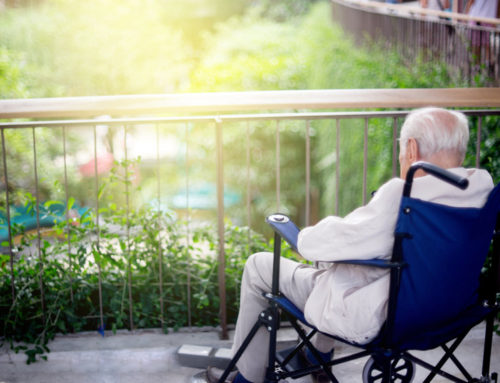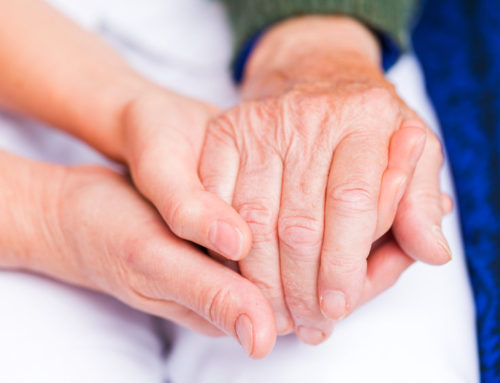Share This Story!
The Myth of Poor Memory
A common misconception is that as a person ages, memory naturally declines. But in reality, this widely held belief isn’t a fact. Memory doesn’t have to get worse as a person gets older. And there are plenty of fun and simple ways to improve or maintain memory and brain function that can ensure a person’s memory is still strong even as a senior citizen. Consider incorporating a few of the following mental exercises into a daily routine to keep the brain sharp.
1. A puzzle a day
Maybe a puzzle a day won’t keep the doctor away, but these mental brain teasers can help improve memory and cognitive skills. Research has shown that many puzzles help to improve memory, reasoning, and concentration. And more importantly, there’s no one specific puzzle that’s lauded as the best pick. Whether a person prefers sudoku, jigsaw puzzles, or even crosswords and word jumbles, the brain and memory benefits can’t be understated. A study published in 2018 showed that out of 19,000 seniors between ages 50 and 96, individuals that regularly played puzzles exhibited sharper mental recall than the seniors that didn’t play any puzzles.
2. How about a hand of cards?
Card games can be a fun way to spend time with friends, especially if a social circle has a weekly game. But cards also improve a person’s brain volume along with sharpening memory and critical thinking skills. A study conducted in 2015 demonstrated that card games could be linked to improving memory and cognitive thinking skills. And just like with puzzles, the type of card game chosen is up to the individual. Whether a person prefers a quiet game of solitaire or a rousing group game such as poker, gin rummy, hearts, or even crazy eights, the benefits are all the same.
3. Learn a new dance
Dancing offers a two-for-one special to improve not just mental acuity, but also helps people stay physically active. According to research, dancing helps to improve the brain’s speed and memory recall. The study followed older individuals who participated in Latin ballroom dance and found that respondents noted an improvement in memory plus enhanced attention and focus. But don’t feel like Latin dance is the only option. The study noted that any form of structured dance where participants need to learn choreography is just as useful for improving memory over time.
4. Improve brain power with a new language
Learning a new language can be intimidating, but the positives go far beyond adding a new language to the resume. While most studies tend to center around the benefits of children learning a new language at younger ages, adults can also reap the same benefits. Specifically, learning a new language can improve memory recall and can even prevent or delay the onset of mental decline usually associated with growing older.
Being proactive to prevent memory loss
As evidenced from the list above, protecting memory and brain function doesn’t have to be a chore. Whether a person prefers puzzles, card games, dancing, or even learning a foreign language, all of the activities can be fun and easily incorporated into daily life. And best of all, the result can be a well-rounded older individual who speaks multiple languages and is fun to be around in social settings. For more information about improving memory and brain function, speak with a healthcare provider.





